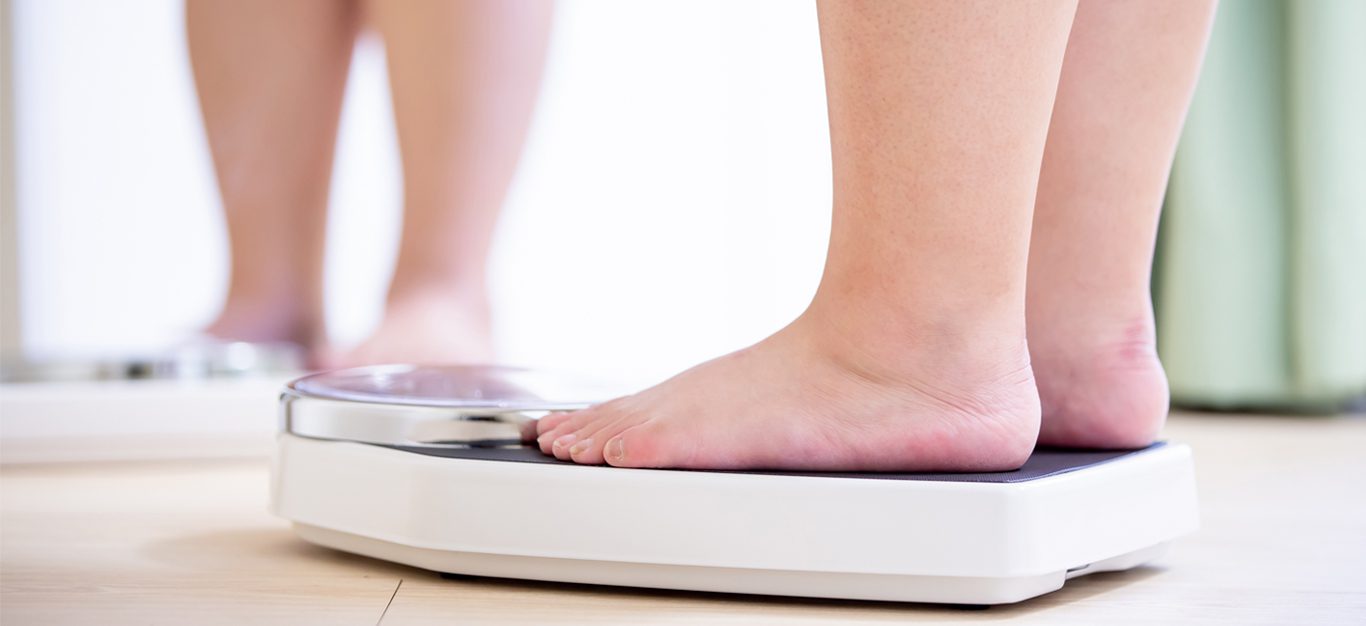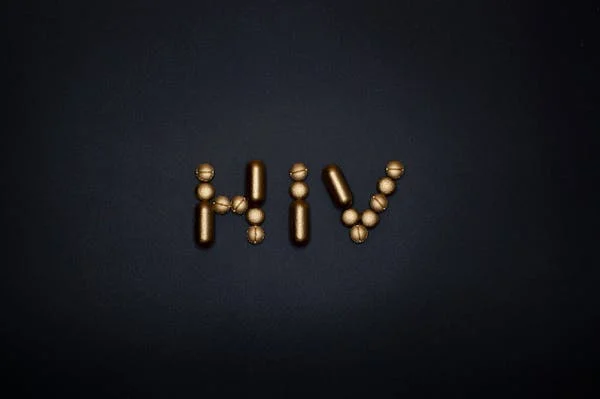On a sunny morning, Mr. Li held the hospital’s diagnostic report in his hands, his face full of solemnity. The three big characters for “uremia” written on the report deeply pained him. He always considered his lifestyle to be healthy, and the emergence of kidney problems was unexpected. All of this prompted Mr. Li to start examining his dietary habits, particularly his concerns about the intake of eggs.
For a long time, the link between renal health and diet has been a hot topic of discussion. As a common food item on the daily dining table, eggs have high nutritional value, but their safety for uremia patients is questionable. A visit to a nephrologist’s clinic gave Mr. Li the answer. The doctor told him that consuming eggs rich in high-quality protein in moderation is beneficial for health, but uremia patients need to be particularly mindful of their protein intake to avoid excess.
The doctor emphasized that the real danger foods are high-salt and high-phosphorus products. These types of foods severely increase the burden on the kidneys and should be avoided as much as possible. For example, too much salt leads to an increase in the concentration of sodium ions in the body, increasing the pressure on the kidneys and possibly causing high blood pressure, damaging kidney function. Common high-salt foods include pickles, instant noodles, and salty snacks.
On the other hand, phosphorus is an essential element of life, but excessive intake can put pressure on the kidneys to excrete it. Uremia patients with impaired kidney function cannot effectively eliminate excess phosphorus, which can lead to bone problems and itchy skin. Therefore, foods high in phosphorus, such as animal offal, seafood, and processed meats, should be avoided.
Uremia indicates that renal failure has progressed to end-stage, when the kidneys can no longer clear toxins from the body, causing symptoms including fatigue, loss of appetite, nausea and vomiting, itchy skin, and difficulty breathing. More severe cases can lead to life-threatening arrhythmias and hypertensive emergencies.
Uremia patients may also experience oral issues like bad breath and ulcers, and due to reduced kidney function in regulating body fluids, they may suffer from edema, especially in the lower limbs and eyelids.
To protect kidney health, we need to start with small things in life, including avoiding high-salt and high-phosphorus foods, as well as ensuring sufficient fluid intake, appropriate exercise, and abstaining from smoking and limiting alcohol. Regular kidney function checks are key for preventing renal diseases.
The kidneys are crucial detoxifying organs in the human body, and their health has a direct impact on our quality of life. Therefore, we should start with every bite of food, choosing kidney-friendly diets and avoiding high-salt and high-phosphorus foods that are harmful to the kidneys.
Cherish this precious health, let the kidneys serve us in a relaxed and pleasant environment, and infuse our lives with continuous vitality.
In every small detail of life, we can become guardians of our own health, allowing health to accompany us, together creating a wonderful future.







